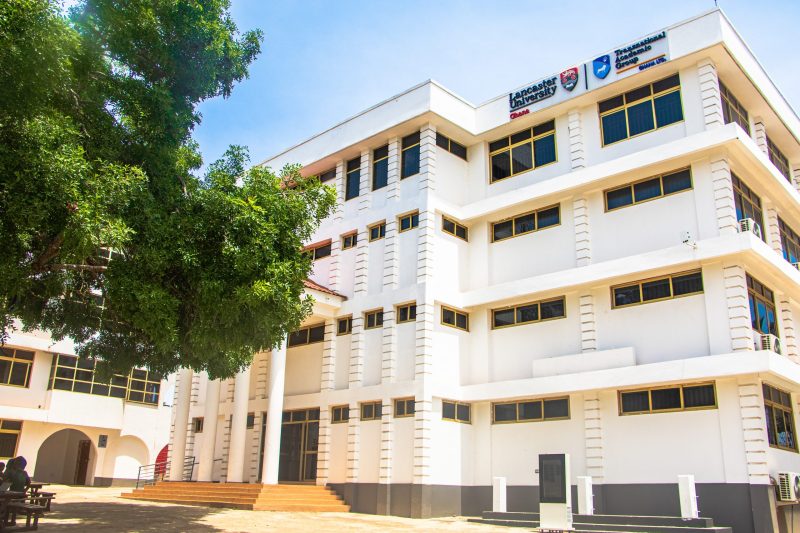Campus on a tour designed for prospective graduate and professional students. You will see how our university like, facilities, studenst and life in this university. Meet our graduate admissions representative to learn more about our graduate programs and decide what it the best for you.

For us, Lancaster is everything a university should be. It’s somewhere you can belong, a community to join with a collection of colleges that offer close-knit support and a proud identity.

The cost of coming to University can be intimidating. Lancaster can help you with a wide range of scholarships and bursaries to help cover some of the costs. We also offer financial advice on managing your budget and information on how much University will really cost.

Read our comprehensive guide to entry requirements for all of our undergraduate and postgraduate courses.